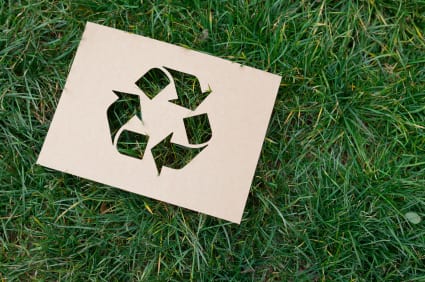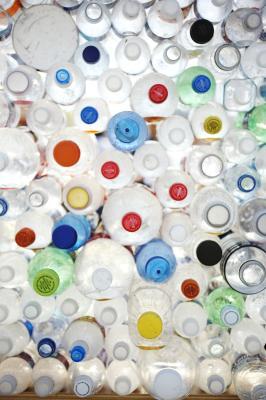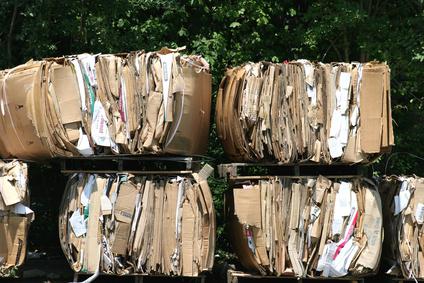Search Results for: recycling
Embrace Eco-Friendly: Fun Recycling Projects for Kids
We’re always encouraged to think about the impact we have on the planet, and when Earth Day rolls around, it’s an especially great opportunity to educate your children on the fine art of being eco-friendly. By showing your kids that it is important to be nice to Mother Earth, you can set them on a path toward eco-friendly living. Try these fun recycling projects with your kids to teach them to care for the earth!
Reasons for Recycling Paper
Paper makes up many different products you use on a regular basis beyond a sheet of notebook paper. The daily newspaper, juice carton, paper towels and reference books are just a few of the paper products you might encounter each day. With such a large use of paper products, recycling becomes a significant action to keep paper products under control.
Recycling in Baby Steps
It never ends. You really really want to do it right but it can be so hard. It starts with the choice of nappies when the baby is born. I went into overload and sourced Egyptian cotton, washable terry elasticized ones that had cute green trim. Now you can get ones made of bamboo. The choice is endless.
Activities Kids Can Do to Learn About Recycling
Through recycling, kids can help create a greener future. By training your kid in the basics of recycling from an early age, you can encourage her to adopt earth-friendly practices and do her part to keep her planet healthy. Teaching your kid about recycling does not have to be a difficult task. By integrating some recycling tasks into your daily interactions with your child, you can have her recycling on her own in no time.
Fun Recycling Facts for Kids
One way to teach your children to be responsible citizens is to teach them about recycling. Recycling turns old, used products such as empty cans and bottles into new items such as park benches. Less energy is used to make something out of recycled materials than to make something out of new materials, according to the U.S. Environmental Protection Agency.





